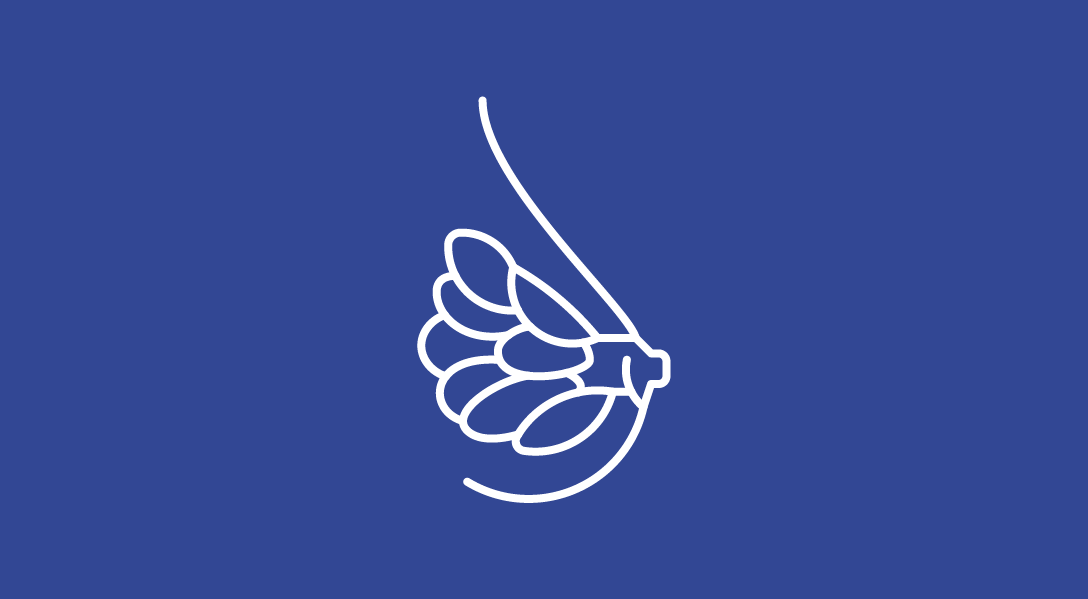Low-Dose Drug Regimen Is Effective for Older, Frail Patients With Gastroesophageal Cancer
A group of researchers in the UK sought out to determine the efficacy of a reduced-dose regimen of oxaliplatin (Eloxatin) and capecitabine (Xeloda) in this patient population through the randomized, phase III GO2 clinical trial.
The average age of diagnosis for advanced gastroesophageal cancer is 75 in the United Kingdom, and many of these patients are frail and suffering from other medical conditions. However, the clinical trials that led to the standard treatment for the disease often had patients who were a decade younger and in better health, according to Peter S. Hall, PhD.
As a result, many elderly or frail patients are treated with different combinations and doses of chemotherapy which are not evidence-backed.
“A number of years ago, we audited practices in the UK. We surveyed oncologists and found that elderly and frail patients with this condition were being treated with a wide range of chemotherapy (regimens), including dose-modified (regimens), but without any really good evidence-based supporting practice, thus leading to a wide variation in practice,” said Hall, clinical senior lecturer at the University of Edinburgh.
To address this problem, a group of researchers in the UK sought out to determine the efficacy of a reduced-dose regimen of oxaliplatin (Eloxatin) and capecitabine (Xeloda) in this patient population through the randomized, phase III GO2 clinical trial. Hall presented his team’s results in a press cast in advance of the 2019 ASCO Annual Meeting, to be held in Chicago from May 31 to June 4.
GO2 intended to find the optimum dose of oxaliplatin, which inhibits DNA replication, plus capecitabine, which inhibits tumor cell division. Researchers also investigated optimal clinical benefit, tolerability, quality of life, and patient satisfaction for the drug duo to determine overall treatment utility (OTU).
To achieve a good OTU, patients had to achieve 6 different domains, including: cancer not progressing on scans; lack of severe toxicity; global quality of life scores not deteriorating; and patients scoring the treatment as being both worthwhile and not interfering with daily activities.
Trial participants were between the age of 51 and 96 and were randomly assigned to 1 of 3 dose levels: Level A, 130 mg/m2 of oxaliplatin administered once ever 21 days and 625 mg/m2 of capecitabine twice a day, given continuously; Level B, which was 80% of the Level A dosage; and Level C, which was 60% of the Level A dosage. Patients who had decreased kidney function received 75% of the suggested dose of capecitabine.
The primary endpoint of progression-free survival (PFS) was met, without much variation between the 2 groups. PFS was 4.9 months, 4.1 months, and 4.3 months for Levels A, B, and C, respectively.
At a 9-week follow up, patients randomized to the Level C dosage had fewer toxic reactions and better OTU outcomes than the other groups. Younger and less frail patients tended to have the best OTUs, and there was no patient group who benefitted from the higher doses given in Level A. Level C patients also had a higher percentage of good OTU scores (43%) compared to 35% in Level A and 36% in Level B.
Overall survival (OS)—a secondary measure–was also met, with minimum differences among the group. OS was 7.5 months for those on Level A; 6.7 months for those on Level B; and 7.6 months for those on Level C.
Additionally, slightly more than one-third of patients in Level C (36%) experienced grade 3 or higher AEs, compared to 56% in Levels A and B.
“We found that the lowest dose tested was noninferior in terms of progression-free survival. It produced less toxicity and better overall treatment utility,” Hall said. “So, we conclude that low-dose treatments may be offered to patients who are suitable for chemotherapy but considered either too frail or elderly for a full-dose standard (regimen), with the confidence that it can produce superior outcomes without compromising cancer control or survival.”
Reference
Hall PS, Swinson D, Waters JS, et al. Alternative chemotherapy for frail or elderly patients with advanced gastric or esophageal cancer. Presented at: 2019 ASCO Annual Meeting; May 31-June 4, 2019; Chicago. Abstract 4006.




